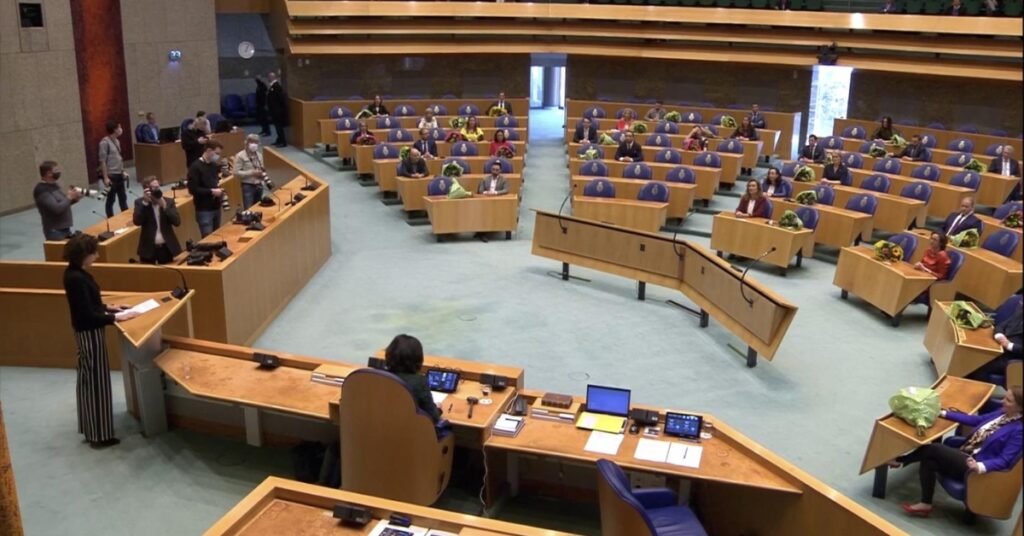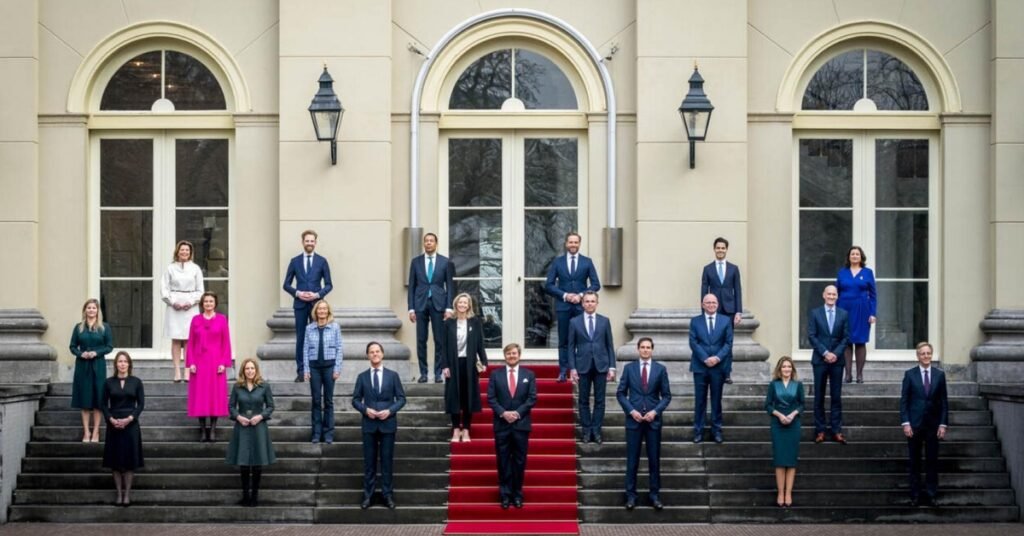Discover the latest decisions by the Tweede Kamer, focusing on reducing student loan interest rates for the “unlucky generation.” Explore comprehensive parliamentary plans to overhaul tax laws and improve students’ welfare in the education sector.
Table of Contents
In a crucial move that echoes the challenges students face, the Tweede Kamer (the lower house of the Dutch parliament) has rallied behind a decision to lower the interest on student loans for what has been termed the “unlucky generation.”
These students found themselves in a tight spot, having to borrow for their studies as they were ineligible for the basic study grant.
Detailed Proposal to Amend Interest Rates
Various proposals were laid on the table to reduce the loan interest burden for students.
Amidst uncertainties, it is unclear how much the interest rate will plummet.
However, recent updates from DUO unveiled a considerable leap in interest rates from a mere 0.46 percent to a staggering 2.56 percent.
A groundbreaking proposal championed by Pieter Omtzigt, alongside parties such as GroenLinks-PvdA, Volt, and ChristenUnie, garnered majority backing in the Tweede Kamer.
The cross-party alliance seeks to slash tax benefits that expatriates currently enjoy substantially. The funds recouped from this initiative are earmarked to alleviate interest on the student loans of the affected generation.
Projections and Impacts of the Proposal
It is anticipated that from 2029, the adjustments to the expatriates’ tax benefits will pool around 200 million euros annually.
This substantial amount is projected to be channeled toward achieving a more favorable interest rate for the student loans in question.
However, it is essential to note that the realization of this objective is still hanging in the balance.
Additionally, Kamer showcased its dedication to the students by adopting a resolution that aims to temporarily halt the interest on student loans for the unfortunate generation, utilizing the funds generated from the Omtzigt amendment.
Challenges and Oppositions
While there is a shared dedication to lightening the load on students, not all proposals sailed through successfully, an amendment jointly put forth by the SP and D66, which aimed to set the interest rates for the distressed generation at 0 percent, unfortunately, did not garner enough traction and support.
A Night of Billion-Euro Decisions
In a night marked by intense activity and billion-euro resolutions, the Tweede Kamer navigated through a labyrinth of proposals, making pivotal decisions regarding next year’s tax laws.
Noteworthy is the movement of significant funds, a feat achieved just moments before the closure of the election recess.
Various other significant plans were also deliberated upon, ranging from tax modifications to enhancements in the minimum wage.
Such key decisions underline the parliament’s commitment to a comprehensive overhaul of various sectors despite the challenges posed by a collapsed Cabinet and impending parliamentary elections.
Conclusion: A Focus on Students’ Welfare
This move by Tweede Kamer represents a meaningful step towards alleviating the financial burdens faced by the unlucky generation of students, demonstrating a commitment to ensuring a more sustainable and accessible education sector.
However, implementing these decisions remains a topic of great anticipation and interest.
Get our best stuff sent straight to you! Join our WhatsApp Channel.



